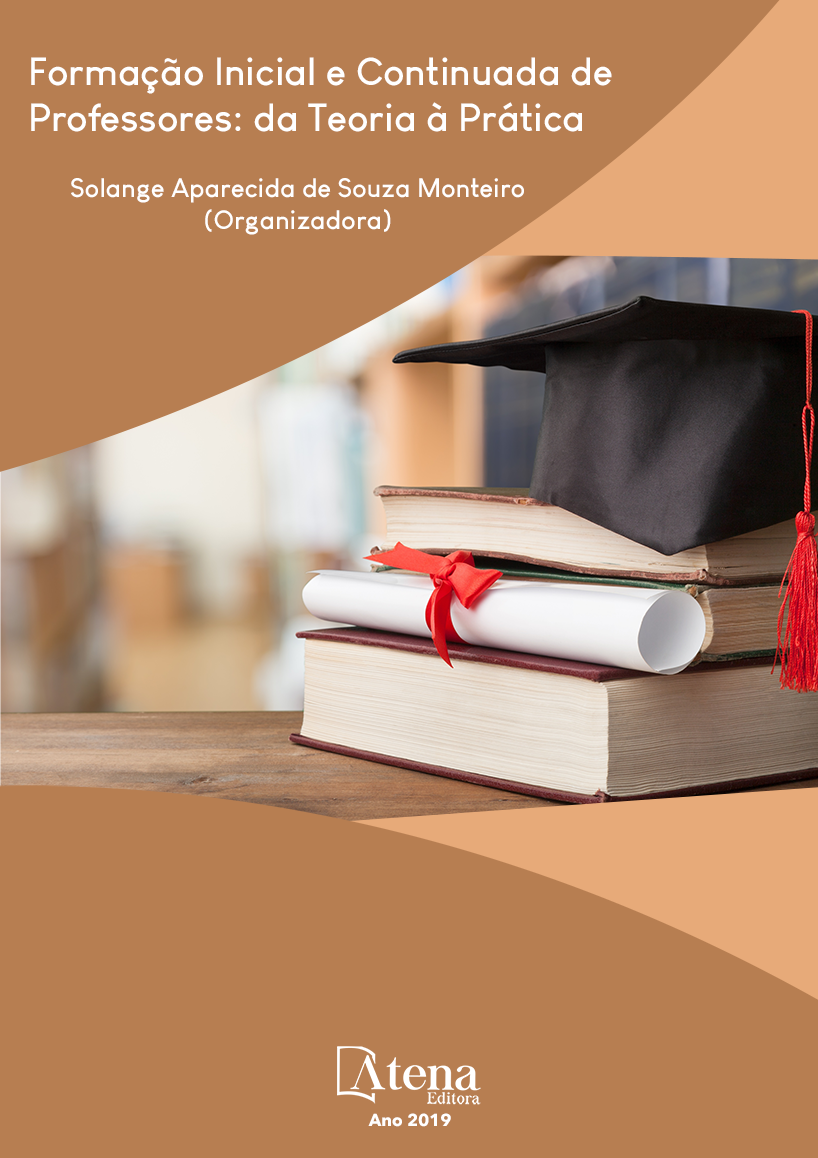
A FORMAÇÃO DE PROFESSORES DE INGLÊS NA REGIÃO DE FRONTEIRAS LATINAS E A INVESTIGAÇÃO DE CRENÇAS
O ensino de línguas estrangeiras no
Brasil deve passar por uma política que reflita
a diversidade das regiões e interesses locais
das comunidades, inclusive de processos de
globalização da ciência relativos aos processos
educativos. A presente pesquisa desenvolve-se
motivada pela inquietação acerca da formação
de professor de língua inglesa em região de
fronteira latina. O objetivo principal é o de
contribuir para a compreensão das condições
de produção dos discursos relacionados tanto
à internacionalização das universidades como
às dificuldades linguísticas e a elucidação de
enunciados encadeados que podem ser melhor
explanados pelo estudo regionalizado. As
condições do ensino na área de língua inglesa
em uma região de fronteira, especialmente
no caso de povos de países de língua latina,
são afetadas por um processo secular de
colonização e crenças culturais que não
contempla o acesso da população de fronteira
a indivíduos falantes do idioma inglês. A análise
dos discursos da presente pesquisa ocorre nos
documentos, entrevistas e questionários que
compõem o campo discursivo figuras diferentes,
que são nomeados, analisados, circunscritos,
corrigidos, redefinidos, contestados ou
suprimidos. Para responder à questãoproblema da presente pesquisa utilizou-se um
arquivo composto por um conjunto discursivo ou
corpus, formado pela análise do Projeto Político
Pedagógico do curso de Letras da UFGD, a
partir de questionários aplicados a docentes e
entrevistas a discentes do curso de letras, que
estejam cursando o primeiro e último semestre
do curso. As condições enunciativas do corpus
correspondem à perspectiva de análise de
discurso de orientação teórica franco-brasileira
foucaultiana e pelo entrecruzamento das teorias
sobre crenças e problematizações do discurso
que sustenta os dizeres sobre o ensino e a
aprendizagem de língua inglesa e o podersaber.
A FORMAÇÃO DE PROFESSORES DE INGLÊS NA REGIÃO DE FRONTEIRAS LATINAS E A INVESTIGAÇÃO DE CRENÇAS
-
DOI: 10.22533/at.ed.4411919129
-
Palavras-chave: Crenças. Fronteira Latina. Formação de professores. Língua Inglesa
-
Keywords: Beliefs. Latin Borders. Teacher Education. English Language
-
Abstract:
The teaching of foreign languages
in Brazil must pass a policy that reflects the
diversity of the regions and local interests
of the communities, including the processes
of globalization of science related to the educational processes. This research develops motivated by the concern about
the English eacher education in a region of Latin border. The main objective is to
contribute to the understanding of the production conditions of discourses related to the
internationalization of universities as well as language difficulties and the elucidation
of linked statements that can be better explained by the regionalized study. Englishspeaking teaching conditions in a border region, especially in the case of people from
Latin-speaking countries, are affected by a secular process of colonization and cultural
beliefs that does not include the access of the border population to individuals who
speak English. The discourse analysis of the present research occurs in the documents,
interviews and questionnaires that make up the discursive field different figures, who
are named, analyzed, circumscribed, corrected, redefined, contested or suppressed. To
answer the problem question of this research we used a file composed by a discursive
set or corpus, formed by the analysis of the Pedagogical Political Project of the UFGD
Letras course, from interviews to teachers and questionnaires applied to students of
the Letras course, who are attending the first and last semester of the course. The
enunciative conditions of the corpus correspond to the perspective of discourse analysis
of Franco-Brazilian Foucaultian theoretical orientation and the intersection of theories
about beliefs and problematizations of the discourse that supports the sayings about
teaching and learning of the English language and the power to know.
-
Número de páginas: 15
- Graziela Barp


